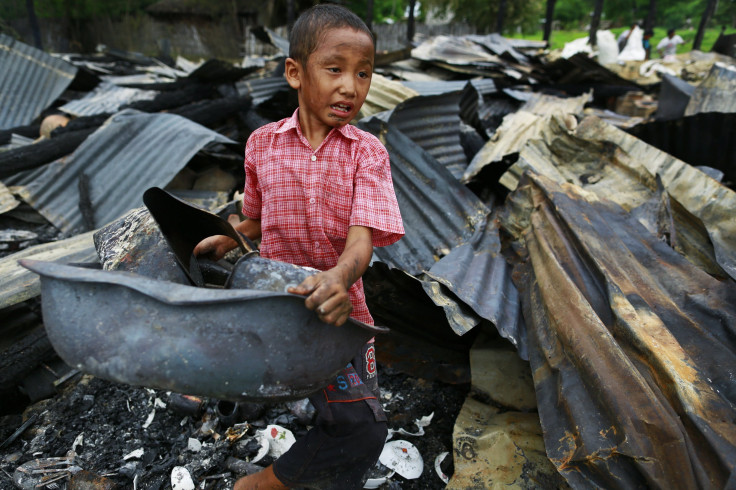ANALYSIS: Foreign Investors In Myanmar Can Help Lift The Nation Out Of Its Economic and Political Strife

Myanmar is a strange, two-sided coin. On the one hand, the country’s recent inflow of foreign investment and the government’s economic reforms seem to promise great growth for the impoverished Southeast Asian nation; on the other hand, genocides, protests, religious clashes and sectarian violence continue to afflict the country. While it will without a doubt be challenging to invest in Myanmar, responsible foreign investment has the potential to alleviate some of the non-economic troubles the country faces, and hasten its political and economic development.
Make no mistake, Myanmar has made great strides in the past two years, since the reform government took over in 2011, so much so that the U.S. and the EU have seen fit to lift their trade sanctions originally put in place due to Myanmar’s human rights violations. Foreign firms like Unilever PLC (LON:ULVR), The Coca-Cola Company (NYSE:KO) and Ford Motor Company (NYSE:F), have moved to establish a presence in one of the last economic frontiers of the world. Investments by such companies led the McKinsey Global Institute to estimate that Myanmar could get about $100 billion of foreign investment by 2030, more than double the $42 billion it has received so far.
At the same time, anti-Muslim violence has left more than 240 people dead and a quarter of a million people homeless. The government has failed to act appropriately and to protect the Muslim minority, according to a report from the New York-based Physicians for Human Rights (PHR).
“The Burmese government has not only failed to protect vulnerable groups, but has created a dangerous culture of impunity that fuels human rights violations,” said Holly Atkinson, an author of the PHR report.
The United Nations has also identified a shift towards different types of abuses in the changing economy, according to the Guardian. Land confiscations and development-induced displacement have happened in the past, but are now increasingly common as the nation modernizes. Most visibly, there have been many protests against mining projects that have displaced Myanmar farmers without due compensation and damaged the environment.
Even so, foreign investors should not stay away in protest, but should instead invest responsibly with an eye to enhancing the rights and wealth of Myanmar’s citizens, in addition to taking advantage of the country’s rapid economic growth and its rich natural resources. Both the U.S. and European nations have put in place measures, following the repeal of the sanctions, to regulate investment in Myanmar.
The U.S. began to enforce the Burma Responsible Investment Reporting Requirements in July. American companies that invest more than $500,000 in Myanmar are required to publicly report on workers’ rights, corruption and contact with the government. The United Kingdom has allotted 600,000 pounds ($932,760) to set up a Responsible Investment Resource Center in Yangon, Myanmar’s commercial center.
The government of Myanmar is also in the process of developing a legal framework to attract foreign investment. The kyat, Myanmar’s currency, can now be traded freely, trademarks are allowed to be registered and the new Foreign Investment Law is ready to be put to the test by international law firms representing foreign interests.
Myanmar has a workforce of about 46 million, a large proportion of its estimated 60 million residents, and the workers, while currently 70 percent less productive than the Association of Southeast Asian Nations average, are ready to get to work. Foreign companies like Coca-Cola, which has set up a bottling plant outside Yangon that will employ 2,000 locals directly and generate many auxiliary jobs, can ensure they are able to find work and be paid well for it, the Guardian reported.
© Copyright IBTimes 2024. All rights reserved.





















